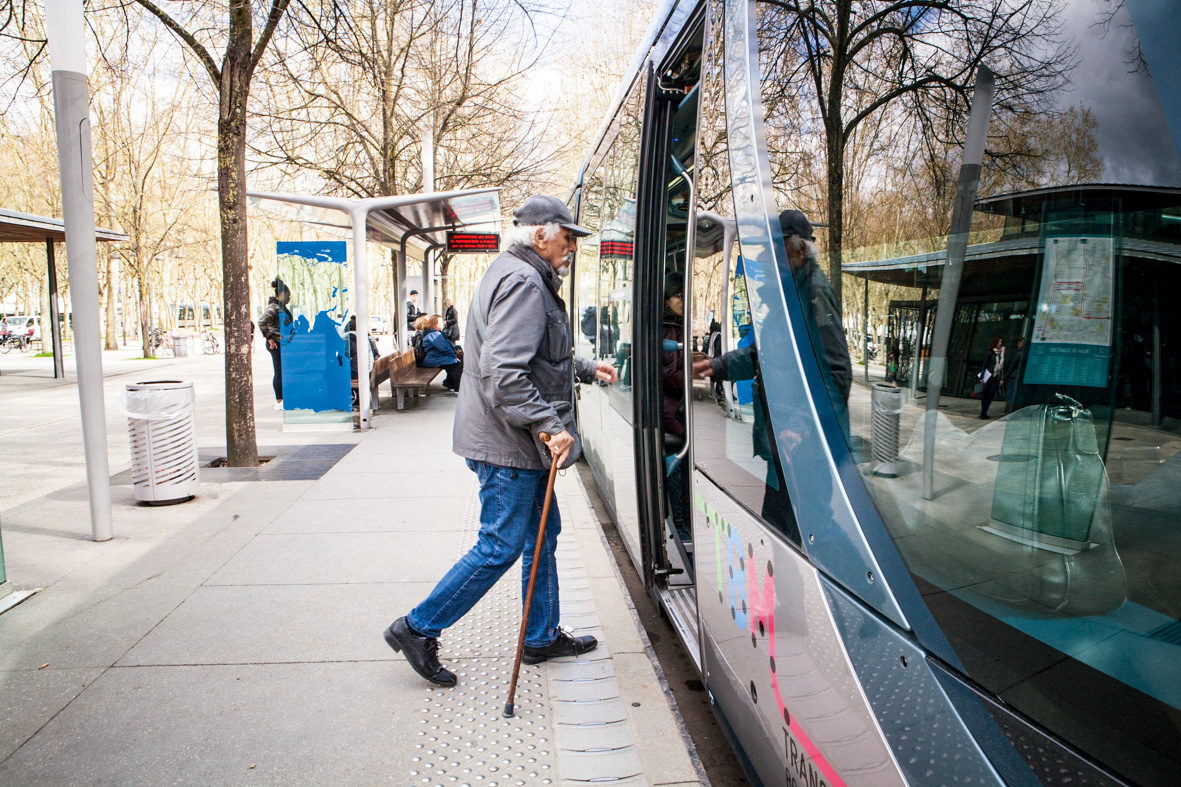Over the past year, our daily lives have been overshadowed by the energy crisis. The hike in fuel prices, along with supply shortages, have been a major source of concern for public transport operators and authorities, OEMs and, of course, consumers. As a pivotal player in the energy transition, ADEME, the French Agency for Ecological Transition, assesses potential energy scenarios in order to inform and support political and economic decision-makers in their choices regarding mobility and other cross-cutting agendas.
The first lever for tackling the energy crisis is obviously to reduce consumption. The Covid-19 pandemic showed that we’re capable of cutting back on travel without necessarily bringing all our activities to a standstill. Before planning to travel, we have to ask ourselves: “Is this trip really necessary? Couldn’t we hold the meeting online?” Another effective lever to attenuate the effects of the crisis is a modal shift, when this is possible. This means going by public transport, opting for active transport like cycling or walking, travelling by mass transit modes like trains for longer distance trips or signing up for carpooling when a journey by road remains the only option.
Operators have everything to gain from implementing green practices like eco-driving techniques across their organisations, while extending their portfolio of services to improve occupancy rates.
Manufacturers meanwhile can help make savings by improving the energy efficiency of existing vehicles and infrastructure, for example by optimising fuel consumption and reducing vehicle weight. It will take them longer to convert their fleets to more sustainable energy carriers like electricity, liquid and gas biofuels or hydrogen.


